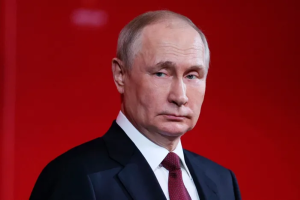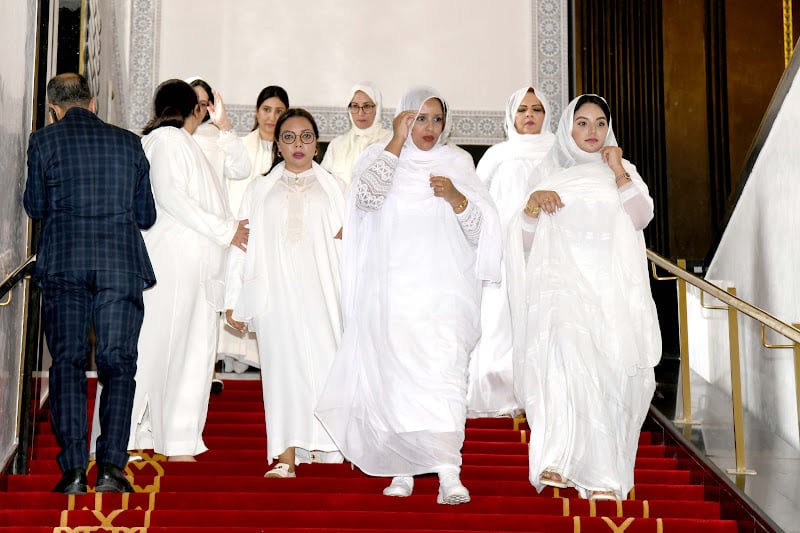There is an ongoing debate within the women’s movement regarding proposals by some political parties to increase the number of seats allocated to women in the House of Representatives to achieve parity.
Some political bodies, as part of their memoranda submitted to the Ministry of Interior in preparation for the 2026 legislative elections, have proposed increasing women’s seats with the aim of reaching parity.
Activists in the women’s movement highlighted that this approach by some political bodies does not serve parity nor encourages women’s presence within the party scene and legislative institutions, but rather constitutes discrimination against women.
Bouchra Abdo, director of the Challenge Association for Equality and Citizenship, rejected the proposal to increase the number of seats reserved for women in order to “achieve parity.”
Abdo stated in an interview with Hespress electronic newspaper that she supports parity; however, this should not be achieved through an electoral phase by adding seats for women.
The civil activist emphasized that it is necessary to implement Article 19 of the constitution, which stipulates equality between men and women in civil and political rights.
She also pointed out that political parties, the Ministry of Interior, and all stakeholders in the electoral process must have a strong political will to promote female politicians to assume political decision-making positions without discrimination.
The director of the Challenge Association for Equality and Citizenship concluded her statement by stressing the importance of women’s presence on local electoral lists in legislative elections instead of having separate lists for them, saying: “Enough with discrimination and humiliation in elections.”
Meanwhile, Khadija Errachid, an activist within the Democratic Association of Moroccan Women, noted that the matter requires “an evaluation of the electoral system primarily based on criteria and answering the question of how much the electoral system has contributed to establishing true democratic foundations that consider the representation of all social popular groups within elected institutions and party organizations.”
Errachid added in a statement to Hespress that it is necessary to investigate the extent of political elites’ contribution to enacting legislation guaranteeing equality and responding to the expectations of citizens, as well as the extent to which democratic electoral laws are considered and the importance of women’s associations participating by submitting memoranda and visions concerning equality.
The women’s rights activist explained that “it is not enough to talk about encouraging and enhancing women’s presence; rather, it is necessary to discuss the extent to which the electoral system considers the constitutional principle related to parity.”
She confirmed that the electoral system “must guarantee the period before and after elections, meaning it must lay solid foundations to strengthen the role of elites in making efforts to provide economic and social protection for women.”













Recommended for you
Talib Al-Rifai Chronicles Kuwaiti Art Heritage in "Doukhi.. Tasaseem Al-Saba"
Exhibition City Completes About 80% of Preparations for the Damascus International Fair Launch
Unified Admission Applications Start Tuesday with 640 Students to be Accepted in Medicine
Egypt Post: We Have Over 10 Million Customers in Savings Accounts and Offer Daily, Monthly, and Annual Returns
His Highness Sheikh Isa bin Salman bin Hamad Al Khalifa Receives the United States Ambassador to the Kingdom of Bahrain
Al-Jaghbeer: The Industrial Sector Leads Economic Growth